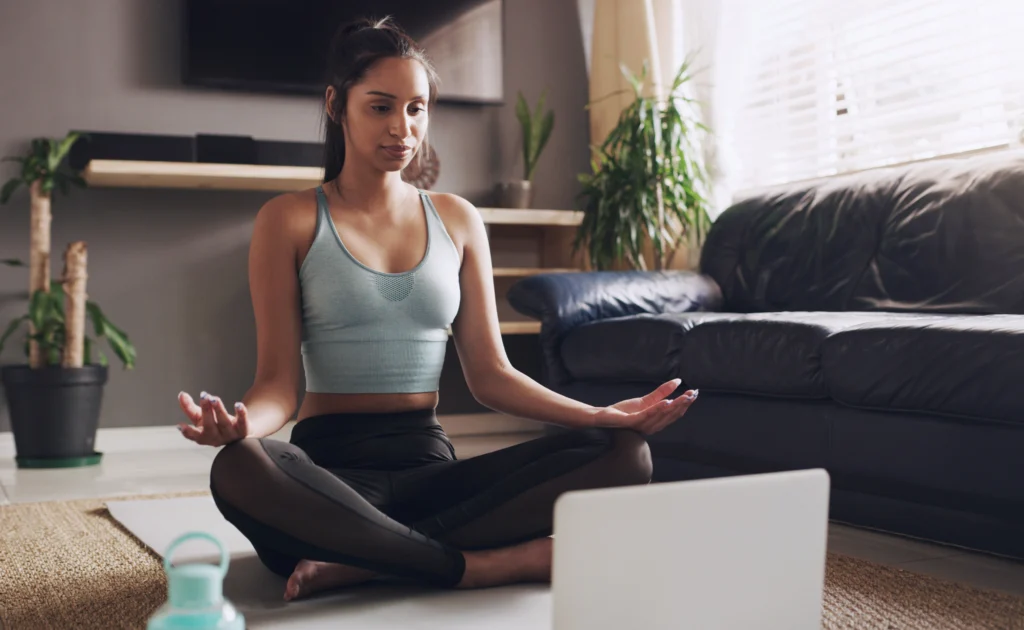Meditation doesn’t have to be complicated. You don’t need to sit for hours or master a complex philosophy to benefit from its calming effects. For beginners, simple meditation practices can reduce stress, improve focus, and help you reconnect with the present moment. In this article, we’ll explore straightforward techniques to help you get started.
Why Meditation Matters
Meditation trains your mind the way exercise trains your body. It helps:
- Calm the nervous system
- Lower stress hormones like cortisol
- Increase mindfulness and awareness
- Improve mood and emotional regulation
Even a few minutes a day can create lasting benefits.
Preparing for Meditation
You don’t need a special space, but setting the right tone helps:
- Find a quiet, comfortable spot
- Sit or lie down with a straight spine
- Close your eyes or soften your gaze
- Take a few deep breaths to begin
Comfort is key—you’re more likely to return to a practice that feels good.
1. Focused Breathing
One of the easiest methods to begin with:
- Inhale deeply through the nose (4 counts)
- Hold for a moment
- Exhale slowly through the mouth (6 counts)
- Repeat for 3–5 minutes
When your mind wanders, gently bring it back to your breath.
2. Body Scan
This helps connect with physical sensations and release tension:
- Start at the top of your head and slowly move down
- Notice any areas of tension, warmth, or tingling
- Breathe into each area as you go
Spend 1–2 minutes per section or do a quick full-body scan in 5 minutes.
3. Guided Meditation
Great for those who prefer a little structure or support:
- Use apps like Calm, Headspace, or Insight Timer
- Choose sessions focused on stress relief, gratitude, or sleep
- Follow the voice’s cues for a calming experience
4. Mantra Meditation
Repeating a word or phrase helps anchor your mind:
- Choose a word like “peace,” “calm,” or “present”
- Silently repeat it with each breath
- Return to the mantra whenever your mind drifts
5. Visualization
Using imagination to create calm or inspiring scenes:
- Picture a peaceful beach, forest, or garden
- Imagine the sounds, smells, and feelings
- Breathe deeply and let yourself “experience” the scene
This method is especially helpful for easing anxiety.

Tips for a Sustainable Practice
- Start small: 2–5 minutes is enough to begin
- Be consistent: Try the same time daily, like mornings or before bed
- Let go of expectations: It’s normal to have thoughts—just notice and return
- Celebrate small wins: Finishing a short session is a success
Your Calm Starts With a Breath
Meditation is a journey, not a destination. You don’t need to clear your mind perfectly or meditate for hours to see results. What matters is showing up—one breath at a time. With simple techniques and gentle persistence, you’ll cultivate inner peace, focus, and emotional resilience.
